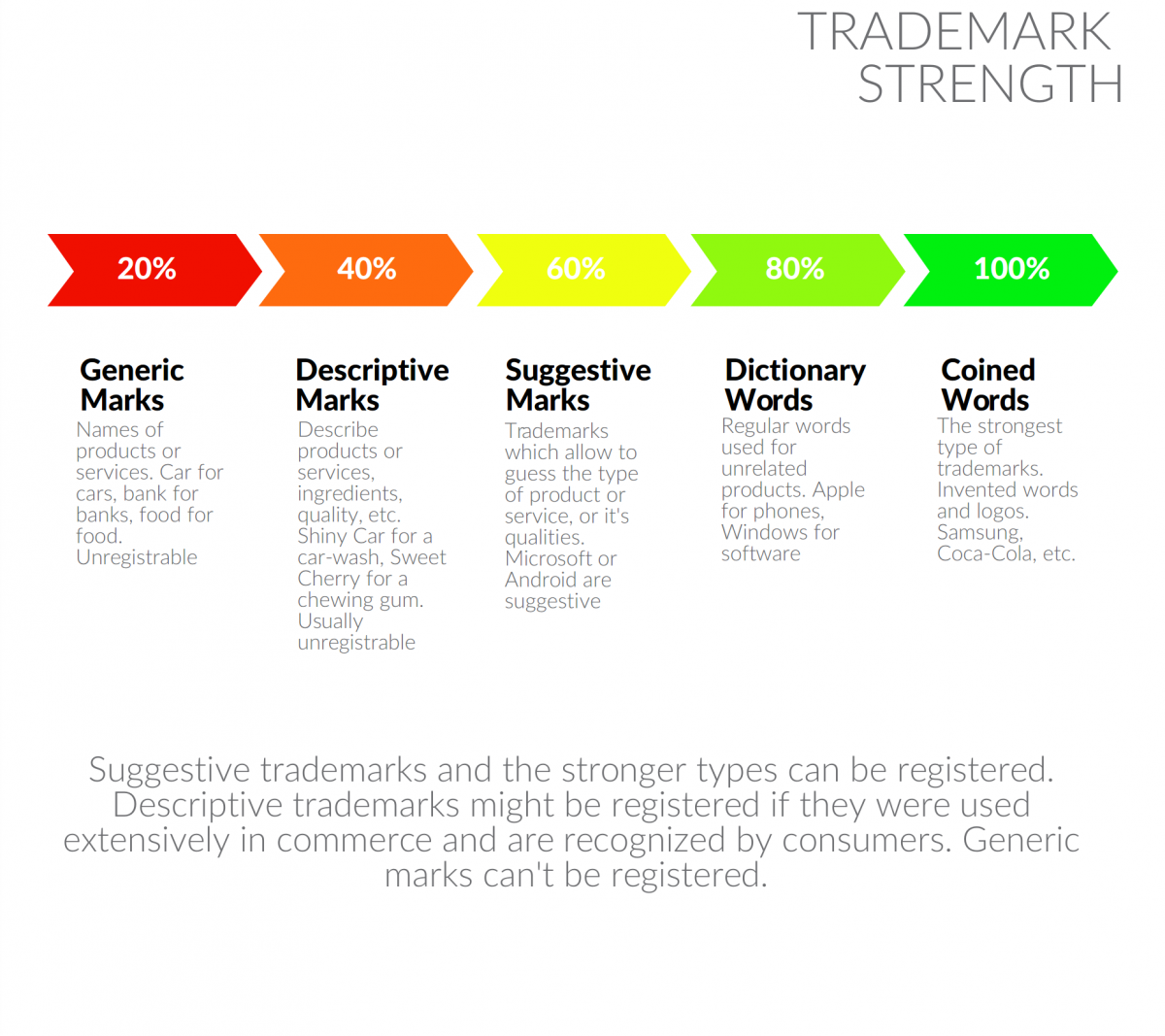Is my trademark registrable?
First of all, it depends on the strength of your trademark. Weak trademarks can't be registered, even if there are no other businesses with this name.
If your trademark is a dictionary or coined word, you just need to check if there are any similar marks.
If your trademark is suggestive, then you should check if it's really only suggestive. Might it be found descriptive? If it's only suggestive, it's OK, many famous marks are suggestive, like Microsoft or Burger King.

Descriptive trademarks are generally unregistrable, however, if it acquired the distinctiveness through use, you might be able to register it. In the US you might require more than 5 years of use.
Generic trademarks are unregistrable, no matter how hard you try.
Descriptive marks are trademarks that directly describe a product or service or one of its characteristics. They are usually made up of common or generic words that do not inherently identify the source of the goods or services. Examples of descriptive marks include "Fresh Bread" for a bakery or "Fast Food" for a restaurant.
Determining whether a mark is descriptive can be a complex task, but there are a few general factors to consider:
- Does the mark describe the product or service directly or indirectly? If the answer is yes, it may be considered descriptive.
- Is the mark a common or generic term? If so, it is more likely to be considered descriptive.
- How is the mark used in the marketplace? If it is used mainly to describe the product or service rather than as a source identifier, it may be considered descriptive.
- Has the mark been registered before for the same or similar services? If the mark has been registered before, it may be less likely to be considered descriptive.
If a mark is found to be descriptive, it may be more difficult to obtain trademark protection, as the mark is less likely to be considered distinctive. However, there are some instances where a descriptive mark can become distinctive through extensive use and consumer recognition.
